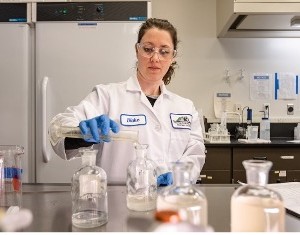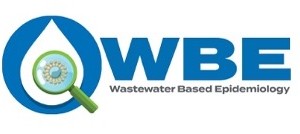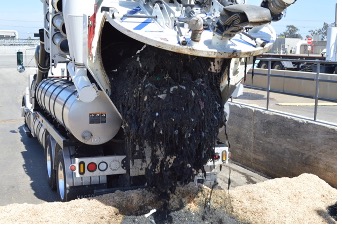America’s Obsession with Wipes is Tearing Up Sewer Systems
U.S. municipalities shell out at least $1 billion annually on maintenance to remove clogs caused by wipes, according to the National Association of Clean Water Agencies (NACWA). In Charleston, South Carolina, the problem has gotten so bad during the pandemic that the city’s water management agency filed a lawsuit against major manufacturers and retailers, accusing them of falsely labeling some wipes as flushable. Last year, Washington became the first state to pass legislation requiring manufacturers to label their products with “do not flush” disclaimers, and states including California have also introduced bills that would mandate similar labels. Read the full article here.
Wastewater Has the Best Green Jobs Workers Don’t Know About
 “Wastewater may not be front of mind in most discussions of green jobs, but this sector offers opportunities to make profound contributions to sustainability and environmental health. Preventing dangerous pollutants from contaminating watersheds and the ocean and damaging the web of life has elemental importance. But it’s not the only ‘green’ service that workers in this sector provide.” Read the full article here.
“Wastewater may not be front of mind in most discussions of green jobs, but this sector offers opportunities to make profound contributions to sustainability and environmental health. Preventing dangerous pollutants from contaminating watersheds and the ocean and damaging the web of life has elemental importance. But it’s not the only ‘green’ service that workers in this sector provide.” Read the full article here.
Sloan Project Focusing on Wastewater Surveillance Preprint Now Available
 “Wastewater surveillance for SARS-CoV-2 has garnered extensive public attention during the COVID-19 pandemic as a proposed complement to existing disease surveillance systems. Over the past year, environmental microbiology and engineering researchers have advanced methods for detection and quantification of SARS-CoV-2 viral RNA in untreated sewage and demonstrated that the trends in wastewater are correlated with trends in cases reported days to weeks later depending on the location. At the start of the pandemic, the virus was also detected in wastewater in locations prior to known cases. Despite the promise of wastewater surveillance, for these measurements to translate into useful public health tools, it is necessary to bridge the barriers between researchers and the public health responders who will ultimately use the data. Here we describe the key uses, barriers, and applicability of SARS-CoV-2 wastewater surveillance for supporting public health decisions and actions. This perspective was formed from a multidisciplinary group of environmental microbiology, engineering, wastewater, and public health experts, as well as from opinions shared during three focus group discussions with officials from ten state and local public health agencies.” Read the full preprint here.
“Wastewater surveillance for SARS-CoV-2 has garnered extensive public attention during the COVID-19 pandemic as a proposed complement to existing disease surveillance systems. Over the past year, environmental microbiology and engineering researchers have advanced methods for detection and quantification of SARS-CoV-2 viral RNA in untreated sewage and demonstrated that the trends in wastewater are correlated with trends in cases reported days to weeks later depending on the location. At the start of the pandemic, the virus was also detected in wastewater in locations prior to known cases. Despite the promise of wastewater surveillance, for these measurements to translate into useful public health tools, it is necessary to bridge the barriers between researchers and the public health responders who will ultimately use the data. Here we describe the key uses, barriers, and applicability of SARS-CoV-2 wastewater surveillance for supporting public health decisions and actions. This perspective was formed from a multidisciplinary group of environmental microbiology, engineering, wastewater, and public health experts, as well as from opinions shared during three focus group discussions with officials from ten state and local public health agencies.” Read the full preprint here.




 @CASA_CleanWater
@CASA_CleanWater